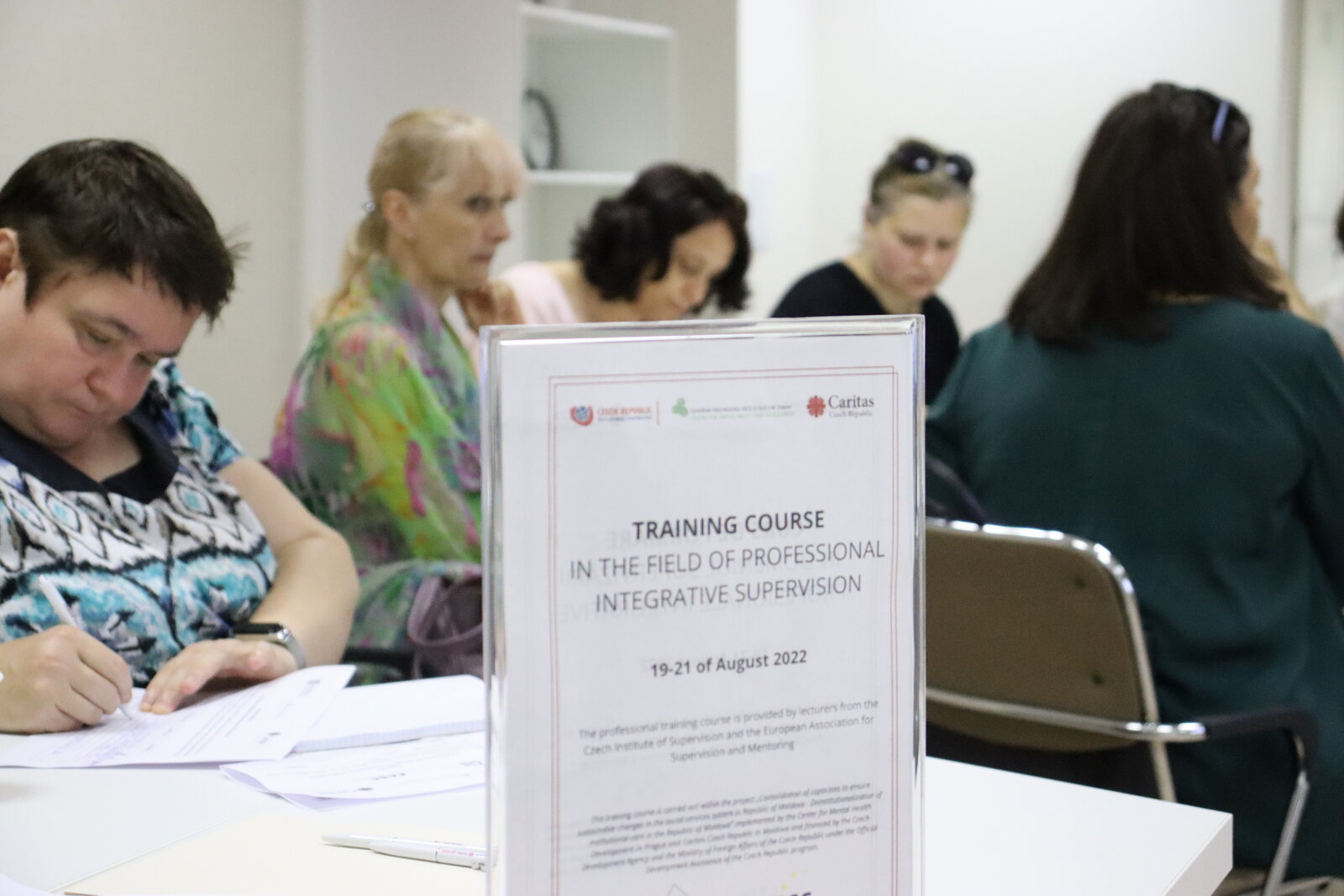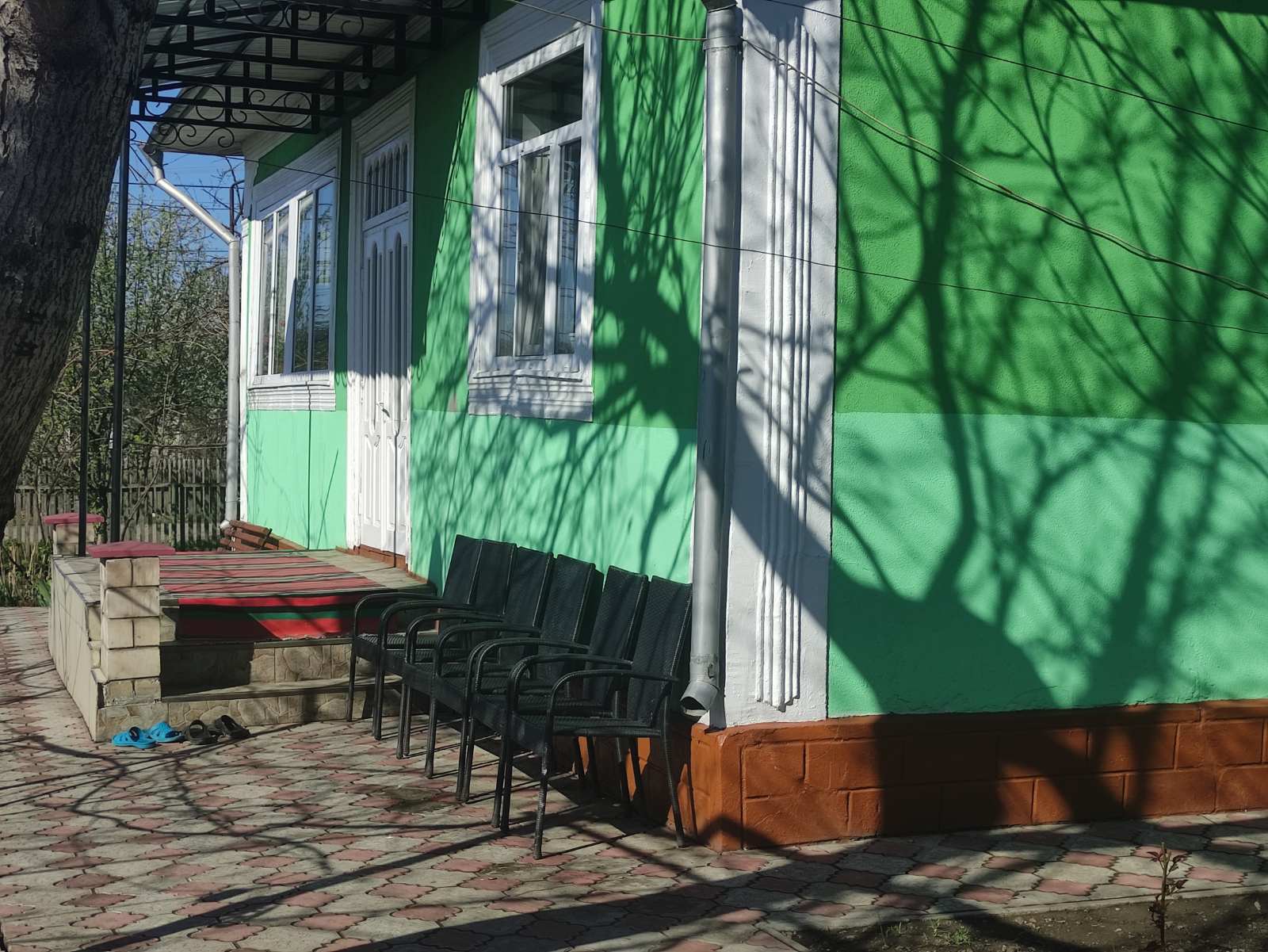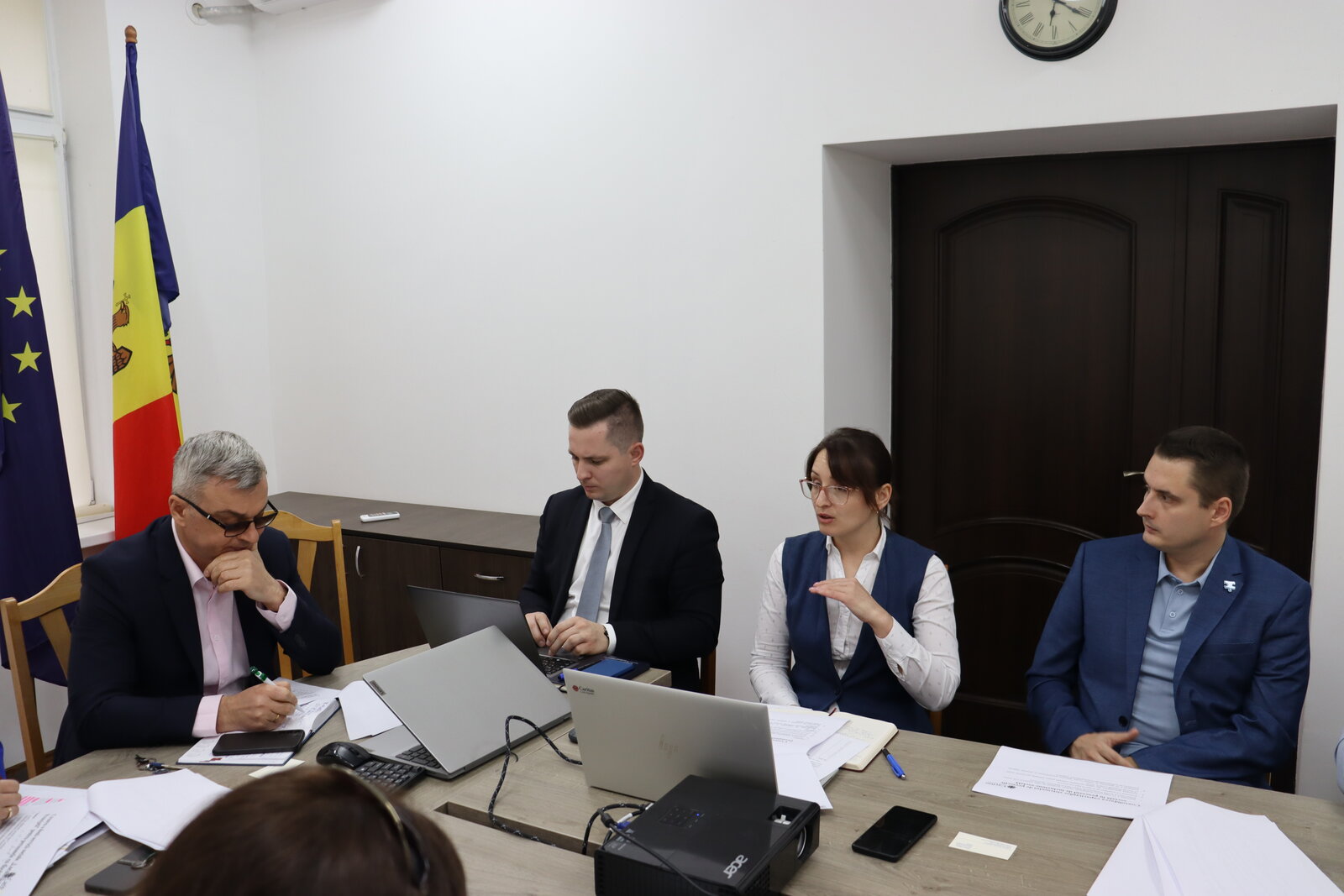Coping with mental health problems is not easy. It is important to have someone to talk to, and even better to have someone who has dealt with similar issues and can provide invaluable care. Caritas Czech Republic will train 8 people who have their own experience with mental health problems to become peer supporters.
Who are the peer supporters?
Caritas Czech Republic, in partnership with Centre for Mental Health Care Development from Praque, launched a new project which aims to strengthen the capacities of local actors to ensure sustainable changes in the social and mental health services system in the Republic of Moldova. As part of this initiative, a group of recovered persons from among people with mental health condition will become living examples of healing and hope for people going through such illness.
Thus, 8 people who have their own experience with mental health problems will be trained for the role of peer supporters and will be employed in mental health services or other organisations providing care for people with mental illness.
The peer supporters are people with personal experience of living with mental illness who use their own experience to support others with the same conditions and reinforce their hope that despite the limitations caused by mental illness, it is possible to live a happy, fulfilled and meaningful life.
The peer supporters share their own experience of recovery based on their own stories or the personal stories of others, giving their peers hope, motivation and support.
At the same time, the peer supporters highlight the strengths of the people they work with, support them in their independence and self-determination, and encourage them to accept their own responsibility on the road to recovery.
What role do the peer supporters play?
In mental health services, the peer supporters have a threefold role: they work with people experiencing a mental illness, they cooperate with their family and at the same time they are part of a team of specialists.
When working with a person who is experiencing mental health problems, the peer supporter shares with them their own experience of recovery, using their own history or the personal stories of other people in recovery, and offers the patient hope, motivation and support.
When working with family members or the wider social environment - the peer supporters motivate cooperation, explain the experience with the illness from the patient's perspective, encourage communication about the illness and reinforce hope and belief that improvement is possible.
As part of a team of specialists, the peer advocate can work in mental health services where they can be involved in the activities of self-help groups, participate in destigmatisation campaigns, for example by giving media interviews. The peer supporter may organise group meetings, go out with patients for walks or cultural activities if possible, or get involved in other leisure and sports activities.
Peer supporters will support people with mental health condition in Moldova
Based on the experience of the Czech Republic, Caritas Czech Republic will select and train 8 persons for the role of peer supporters. Subsequently, the peer supporters will be employed in teams in mental health centres or other organisations providing care for people with mental health problems in the country.
"Through this initiative we want to encourage recovered people to use their experience of coping with mental illness for the benefit of others in a similar situation, because their life experience is a source of information, but also a source of support and encouragement," says Galina Bujor, project manager of the initiative.
Peer supporters are a living role models and hope for people going through mental illness that they can heal and keep the illness under control.
"In the health sector, the benefits of peer support have been successfully used for many years. If a recovered person with valuable experience of coping with mental illness receives appropriate training, they can become a peer supporter and use their experience in a professional role,” adds Vasile Vasiliev, Head of Caritas Czech Republic’s country office in Moldova.
By training peer supporters, Caritas Czech Republic will create a bridge between patients and the staff of mental health centres, but also between patients and community services, because thanks to the peer supporters, these people will be better integrated into community life.











